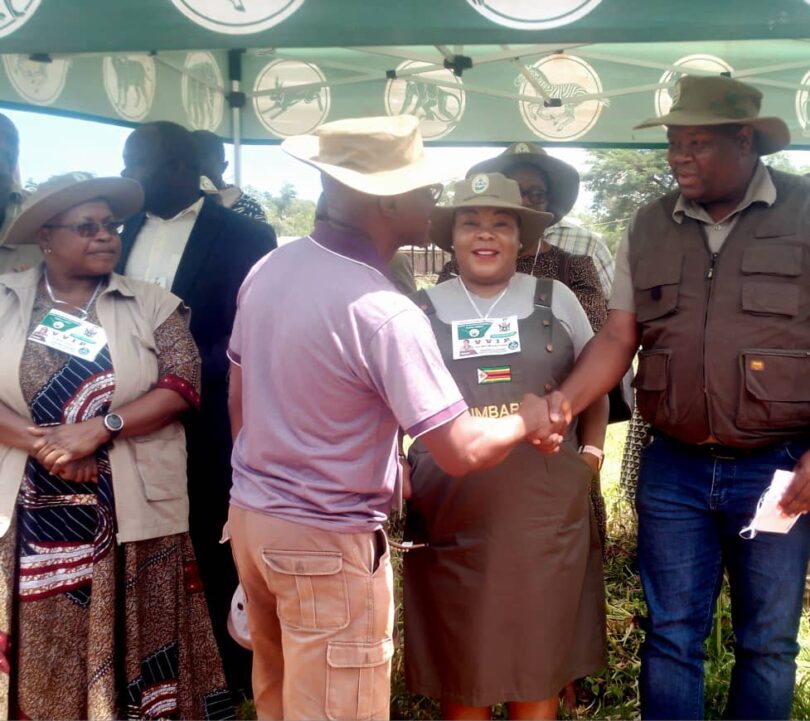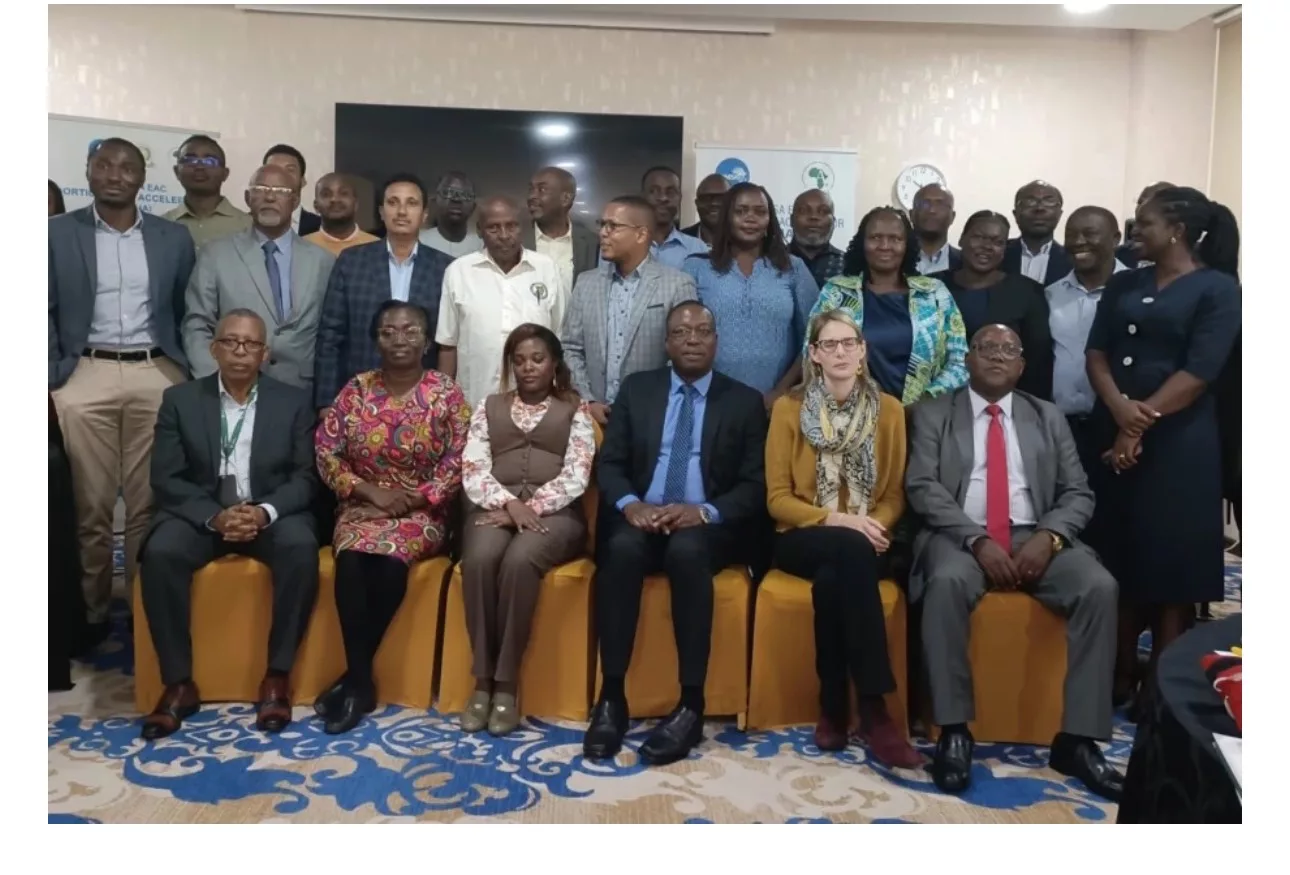|
Getting your Trinity Audio player ready...
|
By Elvis Dumba
Banket – The land reform program can only have a meaningful success if agriculture inputs are availed in time a Zvimba commercial farmer has said.
Taurai Mtisi, a member of the Coalition of Agricultural Graduates of Zimbabwe, and a farmer at Inkwali Farm near Banket made the remarks during a green field day, which he hosted at his farm.
“For us, as farmers to fully succeed in our endeavors, we need to have the requisite support for agricultural inputs to be availed in time as agriculture is a time-based industry. The availability of inputs in time allows us to record success for the agriculture sector under the reform program,” he said.
Mtisi sentiments were echoed by Monica Chinamasa, Founding President of the Farmers Union of Zimbabwe, who called upon the government to go back to the drawing board over the command agriculture program and ensure the availability of small-scale agriculture machinery for small farmers.
“Some of our farmers are failing due to poor agriculture skills, particularly limited financial resources. I urge the authorities to go back and introduce command agriculture so that our small-scale farmers access the much-needed capital. We should copy countries such as India and China where there is agriculture machinery for small-scale farmers who make the bulk of our farmers,” she said.
Chinamasa also bemoaned delays in payments of delivered crops.
“Some of our wheat farmers are still waiting for their US$ component when we are getting into a new season, something which needs to be rectified,” she said.
Zvimba North Constituency Legislator, Hon Marian Chombo said A1 farmers are the bulk of the farmers who contribute a large chunk of the national bread basket.
“We are in a province which is the country’s breadbasket with the most contributions coming from the small-scale farmers who really need all the support,” she said.
Permanent Secretary for the Ministry of Agriculture, Dr. John Basera said there has been a notable success story under the agriculture recovery plan that has made the country reach the 2025 self-sustainable target.
“We have managed to be food self-sufficient through the land reform program with the government coming up with various support farmer programs. In the wheat sector, we managed to surpass our target by 20 000 metric tonnes, making Zimbabwe one of the two countries which are wheat self-sufficient,” he said.
Dr. Basera said the government, through partnerships with the private sector, is facilitating various programs that allow farmers to access agriculture machinery on viable and flexible terms.
Dr. Basera said the government, through the Agriculture Finance Corporation, has created avenues for the farmers to access various agriculture support programs which they should utilize.
He added that the government has set 350 000 hectares under irrigation by 2025 to allow the country to remain food self-sufficient in the face of climate change.
“Our President Emerson Mnangagwa gave us a target of 350 000 hectares under irrigation by 2025, so we remain food secure. We are on course to reach the target as we strive to achieve the success of National Development Strategy towards the attainment of Vision 2030 of an Upper-Middle Income society, ” he said.






